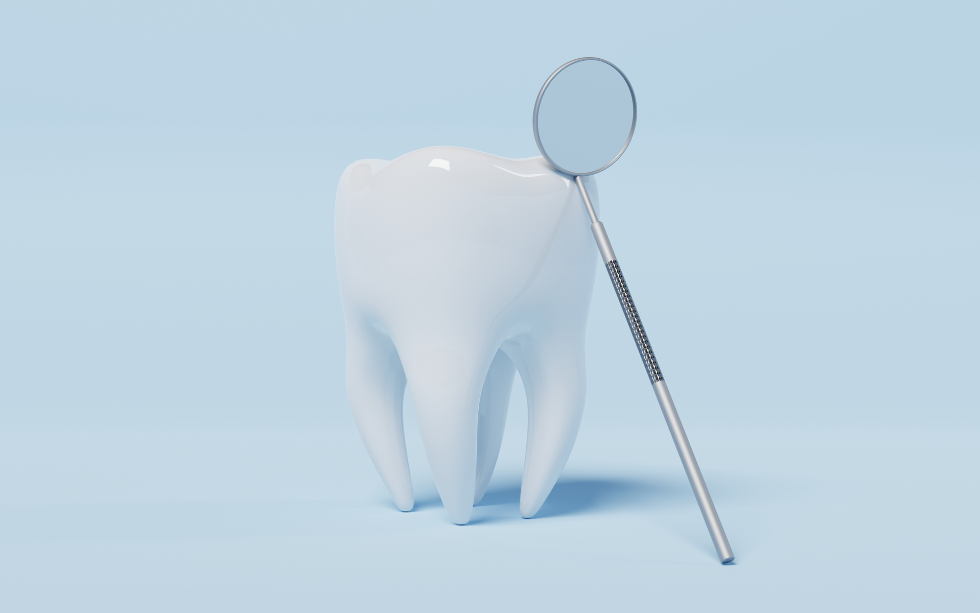Various Medications and Oral Health: What You Need to Know
When we think of medications, we often focus on how they help us manage health conditions—from high blood pressure to anxiety and beyond. But what many people don’t realise is that medications can significantly affect your oral health. Whether prescribed or over-the-counter, certain drugs can cause side effects that impact your teeth, gums, and overall oral well-being.
In this blog, we’ll explore the connection between medications and oral health, common side effects to watch for, and how to manage them with the help of your dentist or healthcare provider.
How Medications Affect Oral Health
Medications interact with the body in many ways, and the mouth—being the gateway to the digestive system—is not immune to these effects. Some drugs reduce saliva flow, while others cause inflammation, overgrowth of gum tissue, or even impact the taste buds.
Understanding these effects helps you take better care of your oral health while continuing necessary medical treatment.
Common Oral Side Effects of Medications
1. Dry Mouth (Xerostomia)
One of the most common side effects, dry mouth, occurs when there is not enough saliva to keep your mouth moist. Saliva is essential for neutralising acids, washing away food particles, and protecting enamel.
Medications that cause dry mouth include:
- Antihistamines (e.g., for allergies)
- Antidepressants
- Anti-anxiety drugs
- Blood pressure medications (diuretics and beta-blockers)
- Muscle relaxants
- Pain relievers
Consequences of dry mouth:
- Increased risk of tooth decay
- Gum disease
- Mouth sores
- Bad breath
2. Gum Overgrowth (Gingival Hyperplasia)
Some medications cause the gums to swell or grow excessively, making oral hygiene difficult.
Common culprits include:
- Phenytoin (an anti-seizure drug)
- Cyclosporine (used after organ transplants)
- Calcium channel blockers (for high blood pressure and heart conditions)
If not managed, this condition can lead to gum infections and tooth loss.
3. Mouth Sores and Ulcers
Certain medications can irritate the soft tissues inside the mouth, leading to ulcers or painful sores.
Examples:
- Chemotherapy drugs
- Some antibiotics
- NSAIDs like ibuprofen
These can make eating, drinking, and speaking uncomfortable, affecting your quality of life.
4. Altered Taste (Dysgeusia)
Some drugs affect taste perception, causing a metallic, bitter, or salty taste.
Medications linked to taste changes:
- Antibiotics (e.g., metronidazole)
- Chemotherapy agents
- Certain antihypertensives
Though not harmful, an altered taste can affect appetite and nutrition.
5. Tooth Discolouration
Some medications can stain teeth or affect enamel development.
Examples include:
- Tetracycline antibiotics, especially when taken during childhood
- Chlorhexidine mouthwash (long-term use)
- Iron supplements
Managing Medication-Related Oral Health Issues
- Inform Your Dentist: Always provide a complete list of the medications you’re taking—including over-the-counter drugs and supplements. This helps your dentist identify possible side effects and tailor your oral care plan accordingly.
- Combat Dry Mouth:
- Sip water frequently
- Chew sugar-free gum or lozenges to stimulate saliva
- Use alcohol-free mouthwash formulated for dry mouth
- Consider saliva substitutes or oral moisturisers
- Avoid tobacco, alcohol, and caffeine
- Practice Good Oral Hygiene:
- Brush twice a day with fluoride toothpaste
- Floss daily
- Use an antibacterial mouth rinse
- Schedule regular dental cleanings and checkups
- Ask About Alternatives: If a medication is causing severe oral issues, speak with your physician about possible alternatives or dosage adjustments. Sometimes switching medications can greatly improve your symptoms.
- Manage Gum Overgrowth:
- See your dentist or periodontist regularly for cleanings
- Maintain strict oral hygiene to minimise plaque buildup
- In some cases, surgical treatment may be needed to reshape the gums
Special Considerations for Certain Groups
Older Adults
Older individuals often take multiple medications (polypharmacy), increasing the risk of dry mouth, decay, and gum disease. Regular dental care is essential.
Cancer Patients
Chemotherapy and radiation—especially for head and neck cancers—can severely affect the mouth. Patients should have a dental check-up before beginning treatment and follow a customised oral care plan.
Children
Some medications prescribed to children, like liquid antibiotics, can be high in sugar or lead to tooth discolouration. Rinsing after medication and good brushing habits can help prevent damage.
Final Thoughts
Medications can be life-saving, but they often come with oral side effects that are easy to overlook. The good news is that with awareness, proactive care, and regular dental visits, you can minimise these effects and keep your mouth healthy.
If you notice any changes in your oral health while taking medication—dry mouth, sore gums, bad taste, or unusual discomfort—don’t ignore it. Talk to your dentist and physician. Taking care of your mouth is an essential part of your overall health journey.







